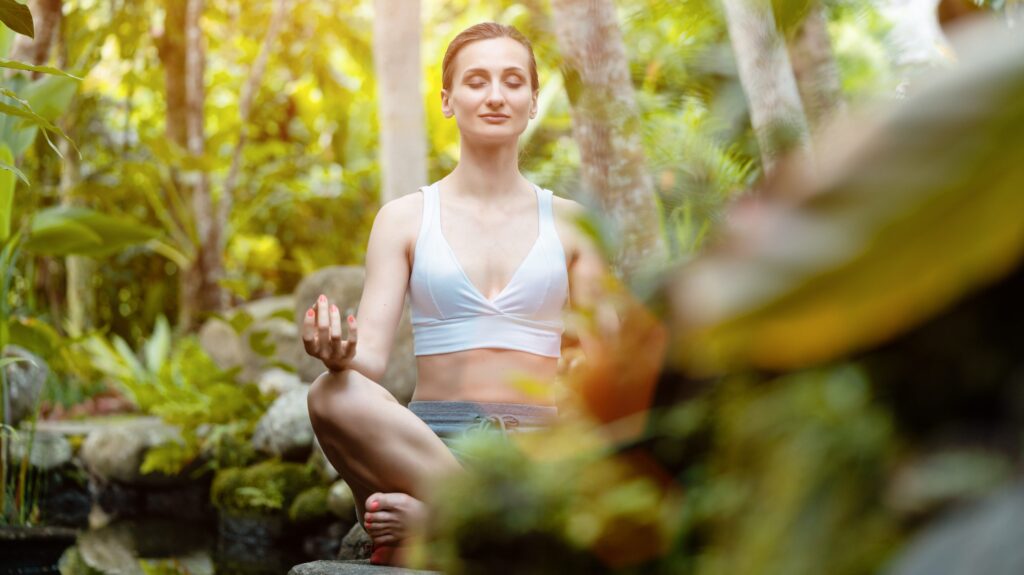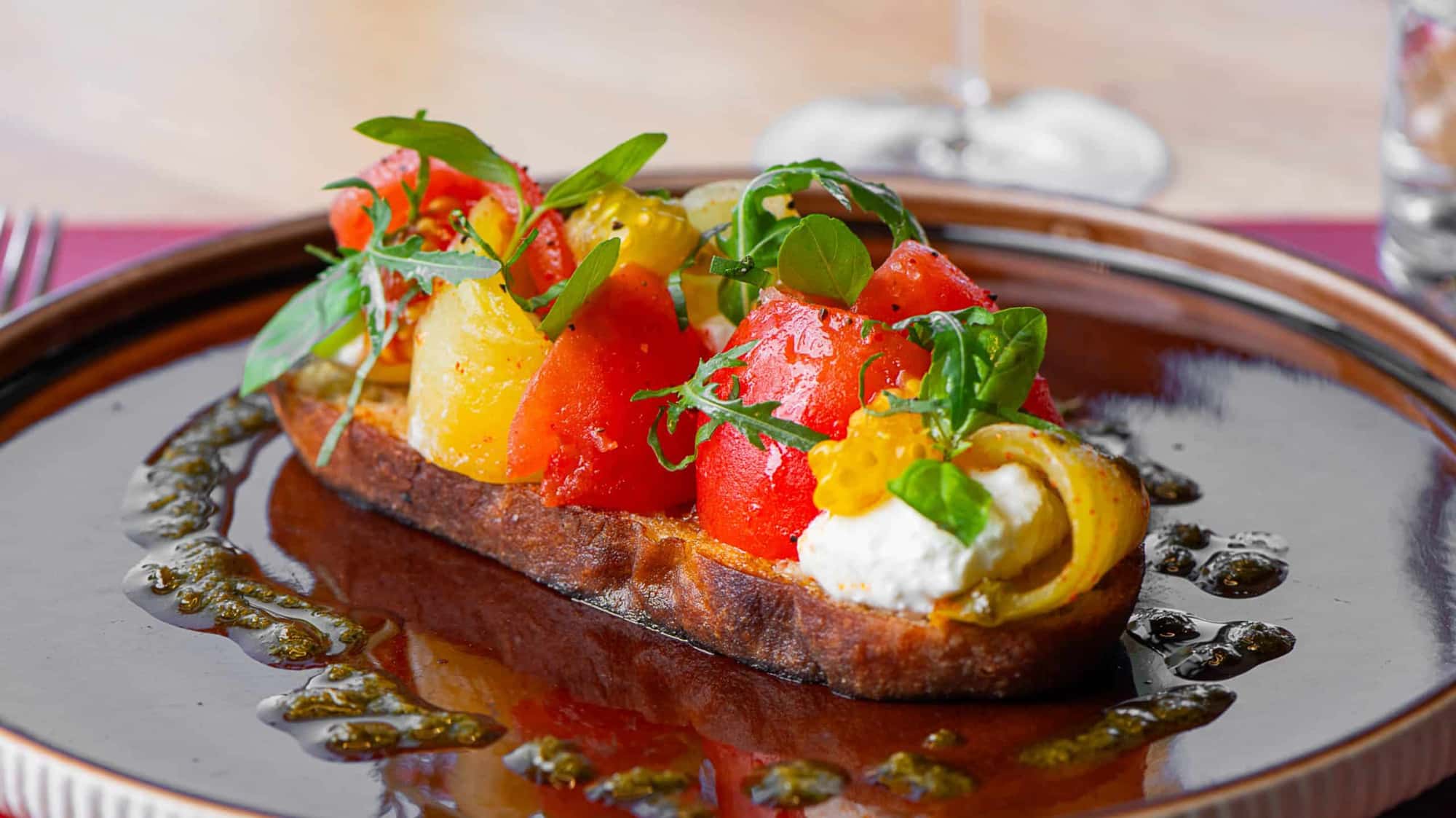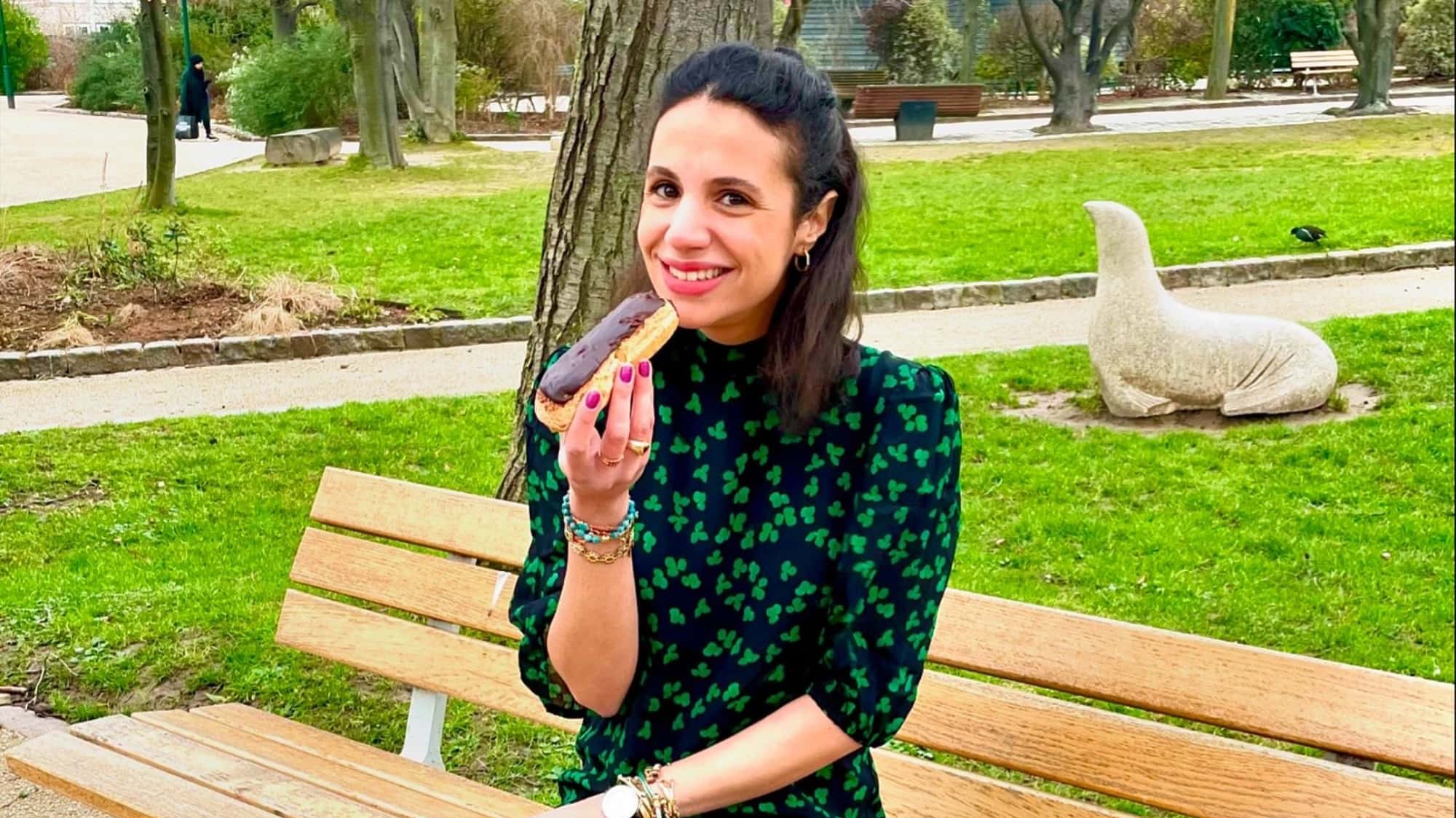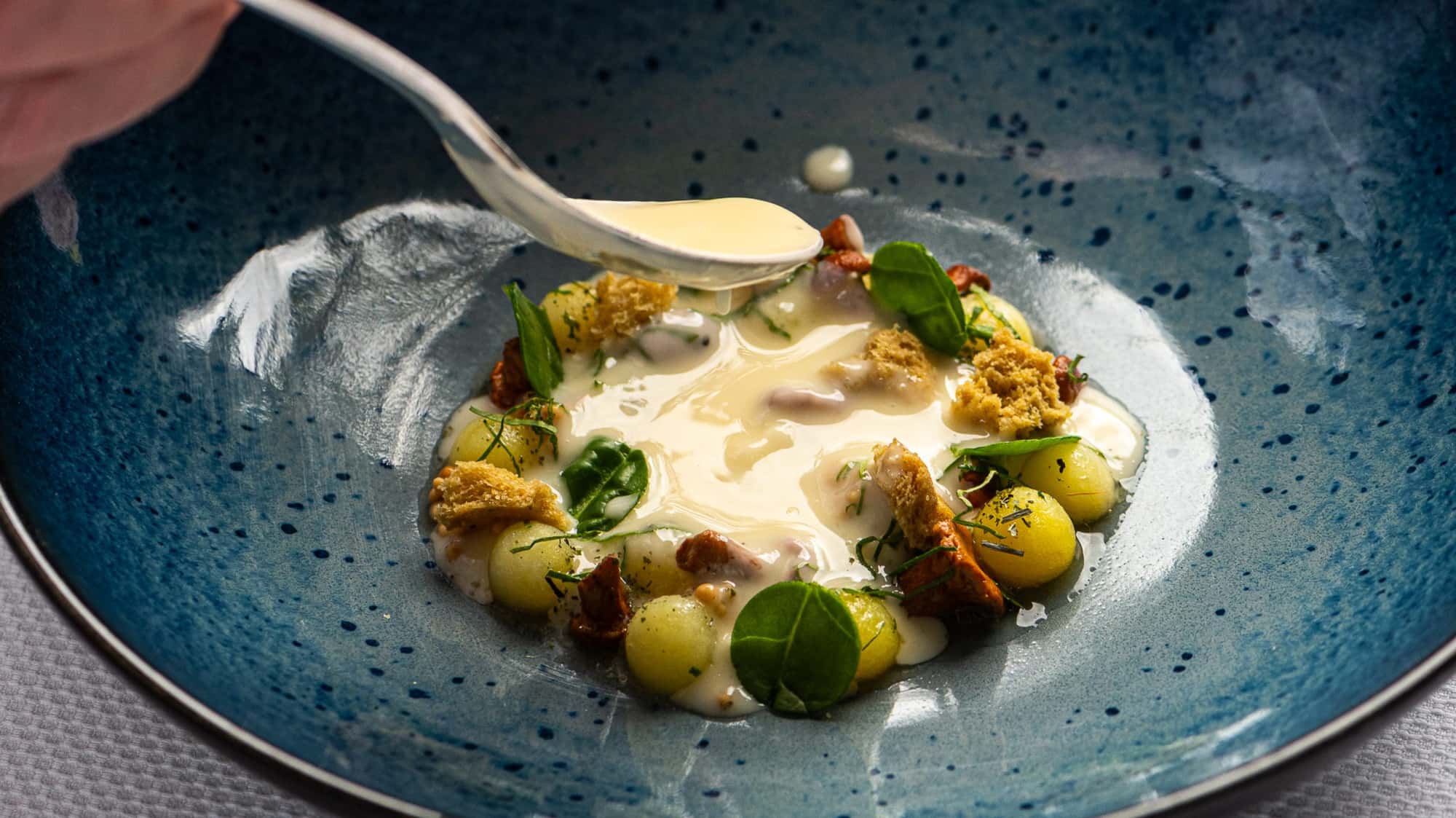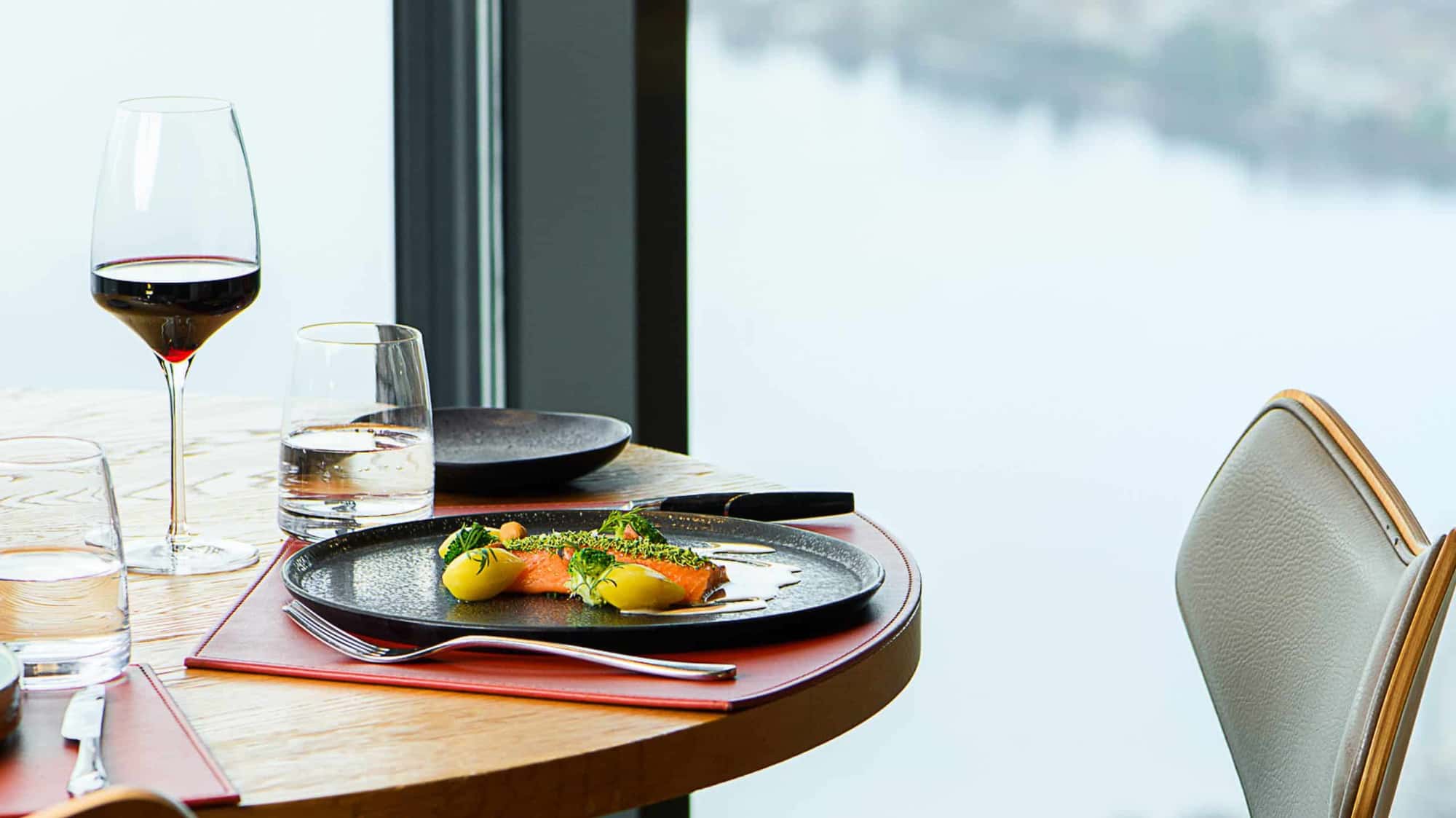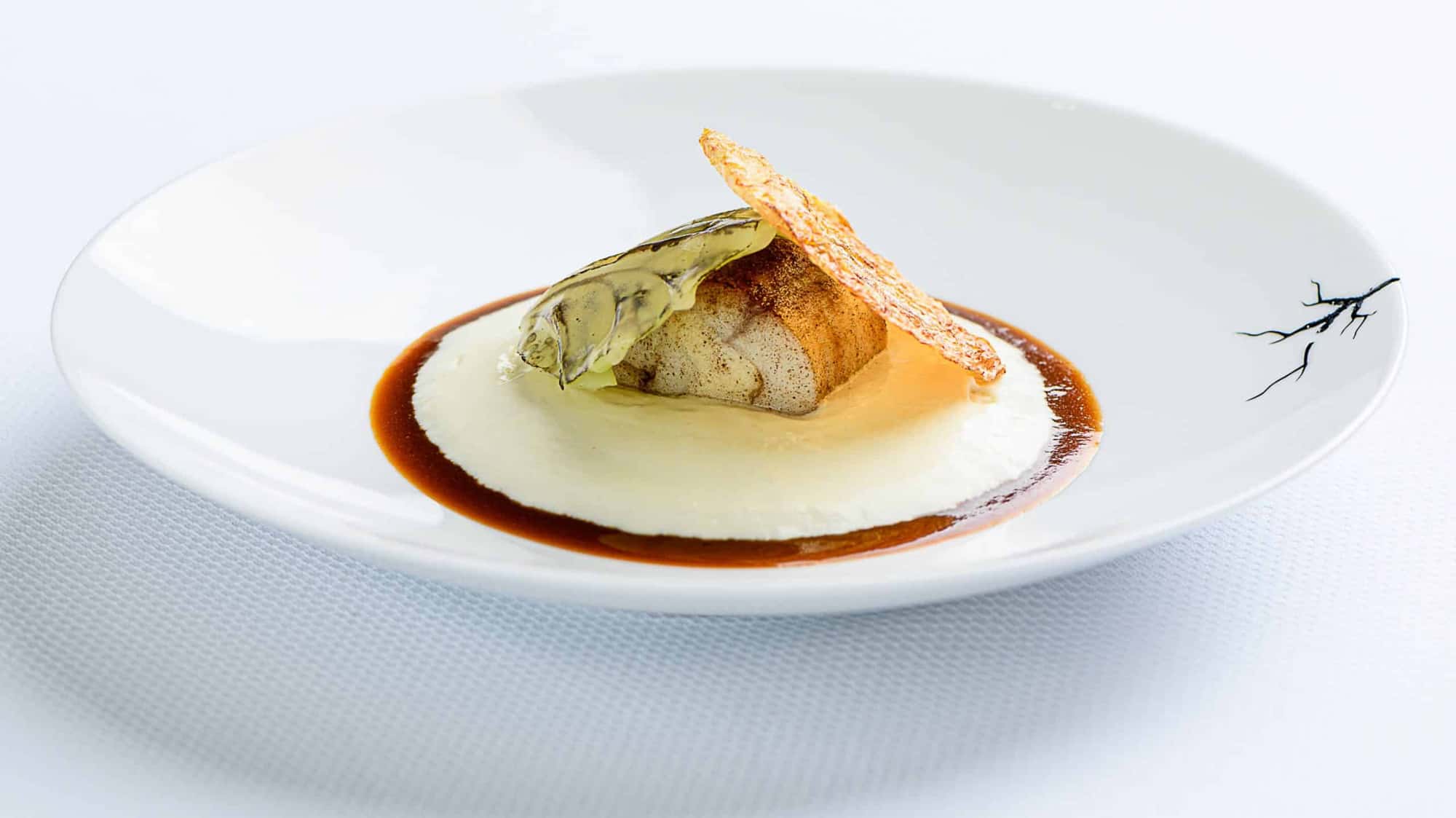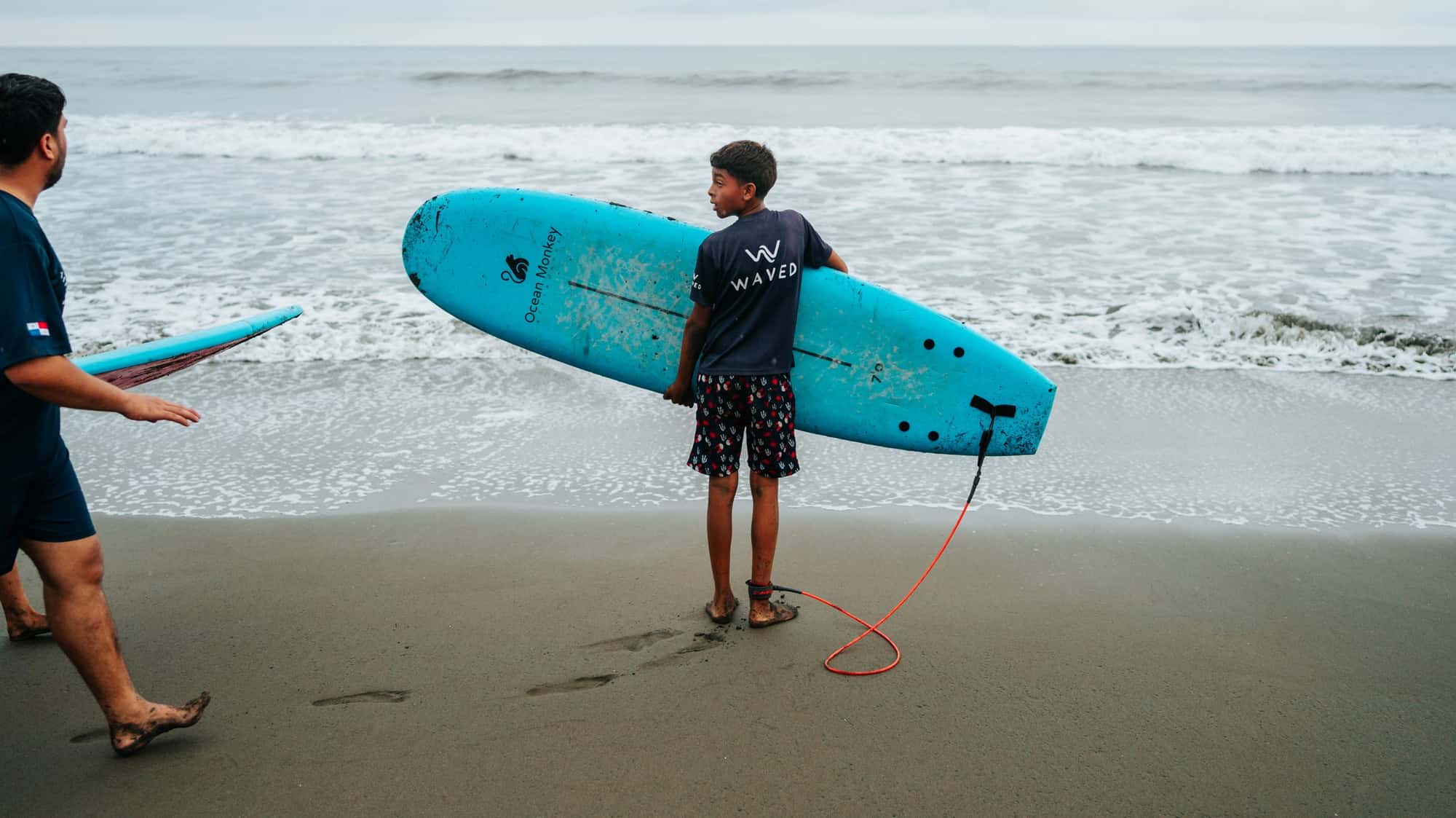In an exclusive article for The Insider, our senior faculty member and BBA specialization head Jonathan Humphries argues that wellbeing and personal transformation can provide the answer to hospitality’s perennial question: what’s next?
Why do we go on vacations? If we ask ourselves this question the answers might typically include ‘as a break from the stresses of work and/or home life’, ‘to experience new cultures’, ‘to feed our souls with natural beauty’, or ‘to participate in an active hobby such as swimming, hiking or cycling’.
What these answers have in common is that they all connect directly to our physical and mental wellbeing. And when I say ‘wellbeing’ I’m not referring to wellness, although the two words are often confused. Wellness is a constituent element of our overall wellbeing, which incorporates mental health, physical health, even spiritual health… a feeling of being connected to a greater purpose if you like.
The other side of this coin is the notion of personal transformation, for which wellbeing can be thought of as the vital foundation. There’s a term we see increasingly used which is ‘psychological safety’. This often relates to the workplace context, and describes a situation whereby employees have the confidence to speak up without fear of retribution.
In a wider sense, if we experience a sense of wellbeing, a sense of psychological safety, we’ll have the confidence to develop as individuals in whatever way we’ve chosen.
“If we experience a sense of wellbeing, a sense of psychological safety, we’ll have the confidence to develop as individuals”
What does this mean for the business of hospitality? We’ve already witnessed the industry go from the hotel room as product to a greater focus on services, then to providing experiences, and more recently towards community building, which we’ve seen exemplified by brands like Zoku. Now the final link in that chain can be creating environments that foster personal transformation.
For me, this represents a potential paradigm shift in our industry’s evolution – its gives us our ‘what’s next?’. As hoteliers, we’ve been focused on profitability, efficient operations, technology. But as everything becomes more structured and automated, we have to ask ourselves what sort of business are we in? And the answer should revolve around a personalized, customized offering that contributes to the guests’ wellbeing in whatever is the most appropriate way for that individual.
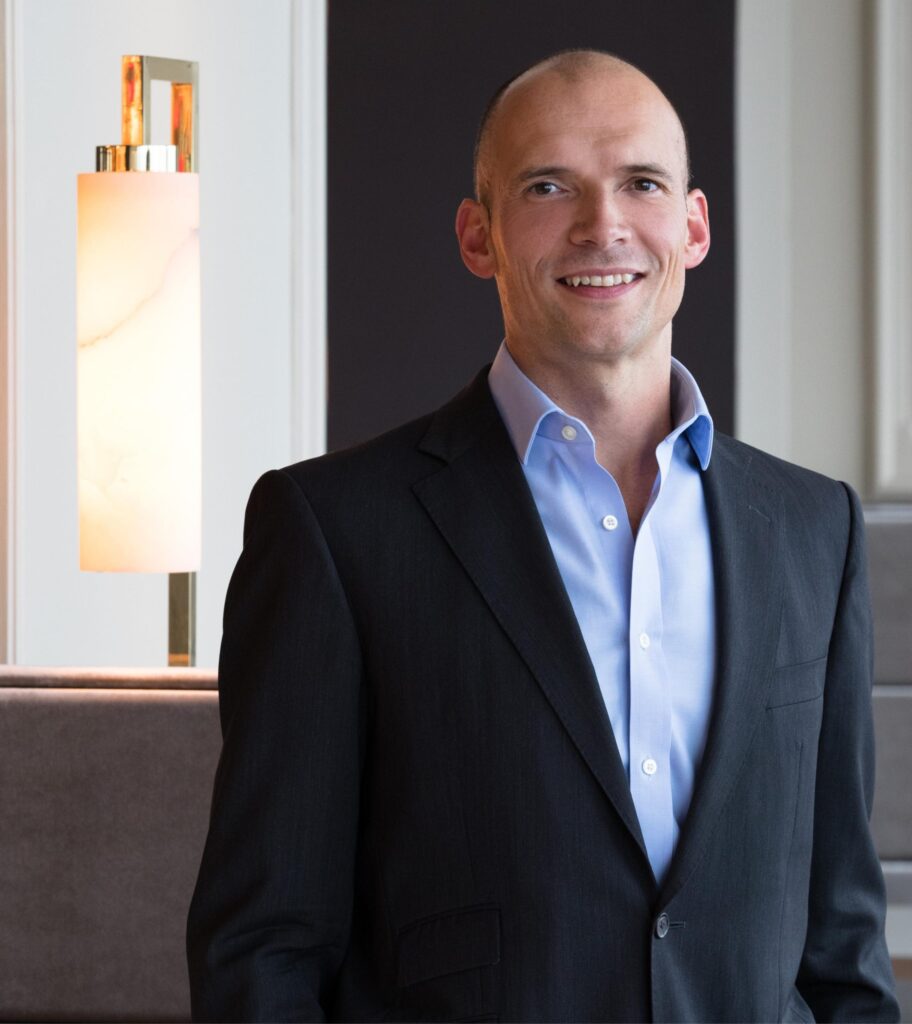
Carpe diem!
In a world where people are becoming ever more self-aware, this for me is an incredible open door for the industry to push at. And it plays to our innate strengths as hoteliers, since creating these experiences and personal transformations requires incredible levels of personalization and customization, as well as the human connection that sits at the heart of all great hospitality.
As humans, we thrive when we’re part of a community, and especially when we’re at home among our ‘tribe’ of like-minded individuals. This could be a group of cyclotourists, history afficionados visiting ancient ruins, literary tours, whatever.
The transformative hospitality experiences of tomorrow will focus on tribes and communities, with programs that connect with our values and thus enable us to become re-energized.
And by ‘re-energized’ I mean that we’ll find the energy to become more resilient as individuals, something which sits at the heart of personal transformation and wellbeing. This is transformation in its truest sense, taking us to a different mental place where we are better able to cope with the challenges and demands placed upon us, starting from a position of strength rather than weakness.
Retreat to recharge
A short, personal anecdote to illustrate my point. A few months ago I went to an Ayurveda retreat in India, for a week-long program of therapies and treatments. The whole experience was personalized to each guest, based on an assessment of our physical and mental condition which took place upon arrival.
The customization of our food was especially impressive. Although all the guests dined together around a communal table, our meals were prepared according to the findings from our initial assessments. There was a core offering, but some guests had more carbs, some less; and the same with protein and other nutrients.
I should stress that this was not a luxury resort in the Six Senses mold – the facilities were roughly equivalent to a 3* (upper-mid-scale) European resort – but what was intriguing to me was the fascinating array of guests who had also traveled to this remote location (we were in the middle of the jungle in Kerala state) from all over the world. They included business leaders, senior diplomats, famous musicians… a fascinating mix which produced a wonderful week of stimulating conversations. It was a really nice community, but one in which we all had our personal space and time for reflection.
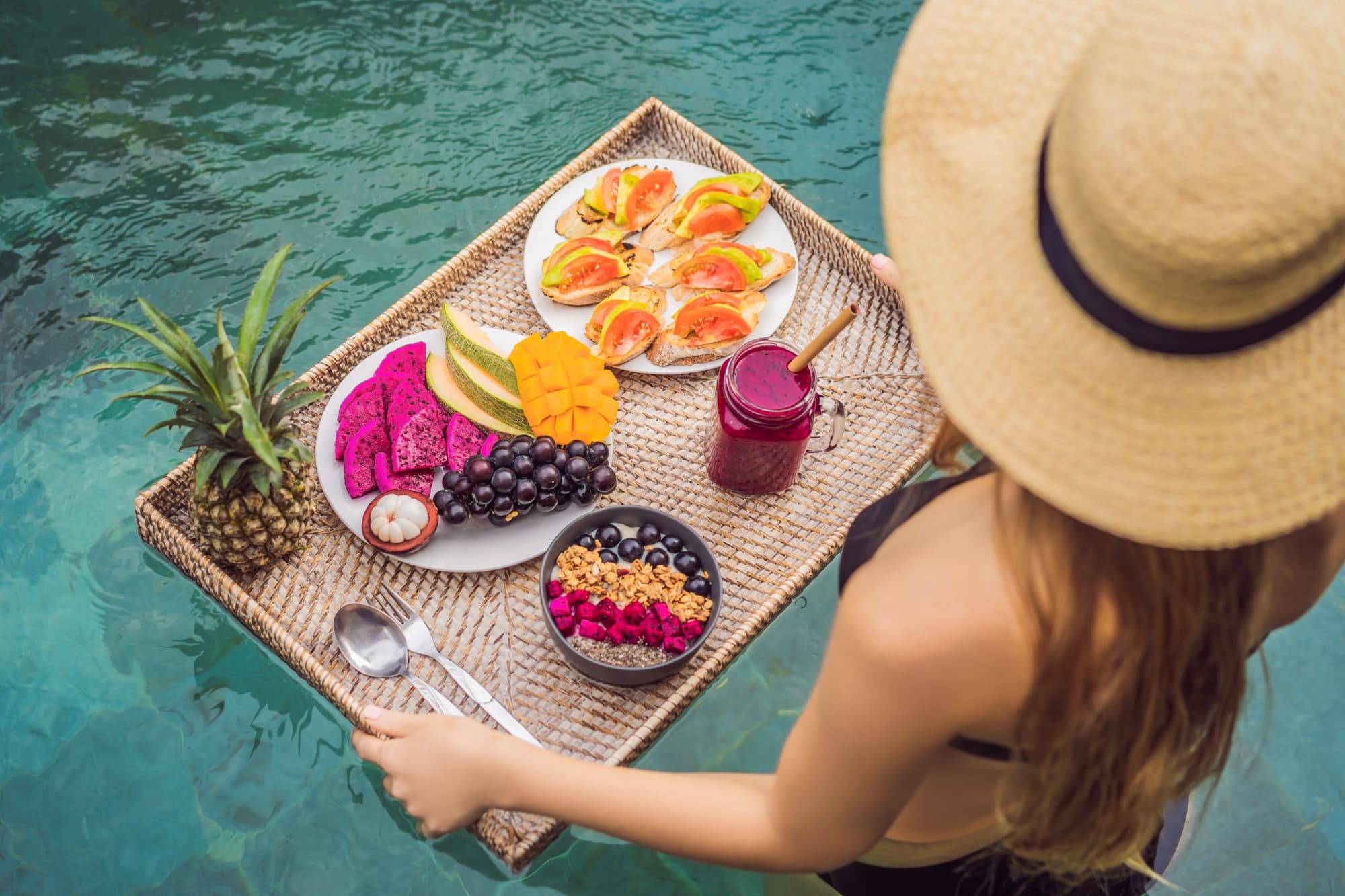
Democratizing the offer
Of course, not everyone has the wherewithal – or the time – to make their way to the Kerala jungle. And often we see such retreats marketed as a luxury hospitality offer. But the point should be that the location isn’t important, and neither are the facilities; it’s the philosophy behind the concept that counts.
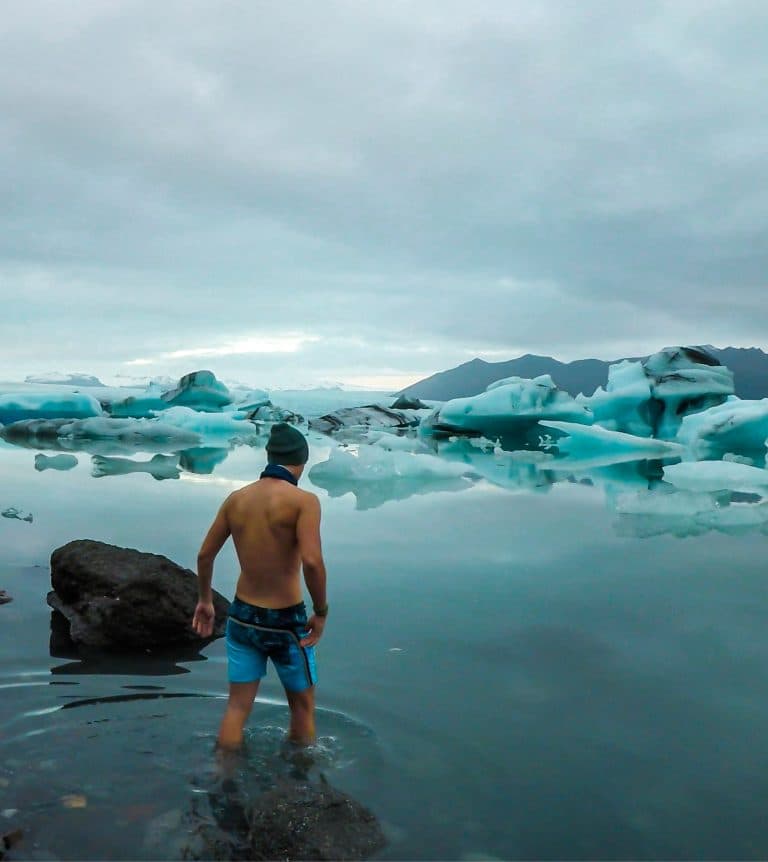
In my home country of the UK, for example, such concepts could be the key to revitalizing the coastal resort towns which have struggled for a purpose since the advent of the cheap overseas package holiday in the 1970s. Again, to take a personal example, I’ve become quite a devotee of cold water swimming in recent years. As anyone who has swum in the chilly seas off the English coast will tell you, that’s an activity tailor-made for these environments!
In many ways, the key here is not the activity itself, it’s the human connections that are made around it. And connection is what we increasingly seek as our lives become ever more dominated by digital technology. We have a strong desire to come together with people who share our interests, our passions, and most importantly values, with whom we can have stimulating conversations even if we disagree on certain points.
This is something I’ve been working on with the team at The Hamlet, which is a luxury serviced apartment concept in Geneva, Switzerland. We created a communal space as part of the building, which allows for exclusive activities to be offered to the residents. As examples, a Japanese chef has come in and run a demonstration class. I’ve also arranged for some expert nutritionists from Clinique La Prairie Holistic Health to talk to residents about nutrition and supplements.
The hotel lobby: a second coming
Hosting events, getting people to connect with each other – it’s pure hospitality and that’s why I see this as such an open door for the industry. Hotels, particularly the larger ones, also have the space ready-made, in the form of their lobbies or even their meeting/conference areas.
It would be great to see the hotel lobby return to what it was when I first started to travel – particularly in regions like the Middle East and Africa – which was the business and social heart of the city. And for hoteliers to make that happen means going past serving tea and coffee, and just hoping these spaces come to life. It requires the hotel staff to be genuine hosts, building communities through staging bespoke activities and events.
Let’s say, for example, you manage a large city center hotel and you know that your city has a young population which is into computer gaming. Maybe there might even be a gaming event taking place elsewhere in the city? So why not invite a gaming expert to come to your hotel and showcase the latest equipment, game hacks, whatever? Suddenly you have a different demographic discovering your hotel, while also creating a buzz.
“Suddenly you have a different demographic discovering your hotel, while also creating a buzz”
To me, this takes hospitality to a whole new level. Of course, it requires initiative, organization, and creativity – but these are all classic hospitality skills which come as standard if you study at a school like Glion.
And it’s where things become really exciting; because, as I’ve mentioned, all of this plays perfectly to our core strengths as hoteliers. The possibilities are endless, especially when you think of the big cities like London or New York, where you have these tribes already thriving and building communities via social media.
In future, when we’re marketing a hotel, we should focus on selling the story of that hotel, what it stands for, what its purpose is. Then you can host events and build communities that correspond to this story and purpose.
By doing this, a hotel brand can write its own story and find its own tribe – among both guests and prospective employees – because today more than ever people are looking for a story that they can believe in.
- Click here to learn more about Jonathan’s podcast series, HoCoSo Conversation, which focuses on wellbeing, leadership, personal transformation, community, connection, and more.
Photo credits:
Yoga woman – Arne Trautmann/EyeEm/Getty
Breakfast tray – galitskaya/Getty
Cold water swimming – Christopher Moswitzer/Getty
